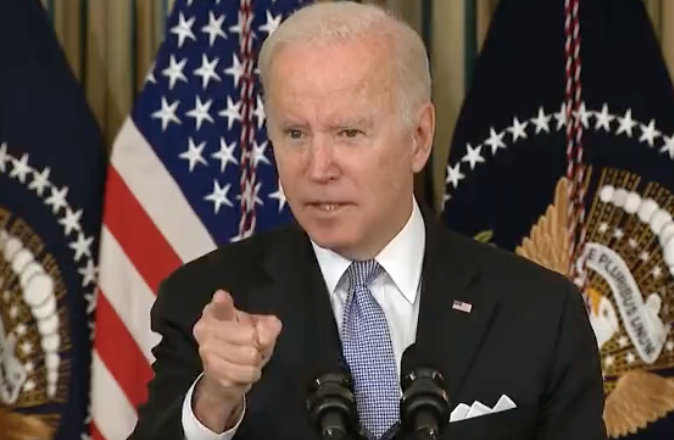Why do certain politicians refuse to support enforcement of American immigration laws? The latest Bloomberg Businessweek offers an answer.
While Congress drags its feet on immigration reform, New York State lawmakers are considering an immigration bill of their own. It would grant state citizenship to some noncitizen residents—including documented and undocumented immigrants—allowing them to vote and run for office. Under the New York Is Home Act, introduced on June 16, noncitizens who have proof of identity and have lived and paid taxes in the state for three years could apply for legal status. It would qualify them for Medicaid coverage, professional licensing, tuition assistance, and driver’s licenses, as well as grant state and local—but not federal—voting rights. The responsibilities of citizenship would also apply, including jury duty. “It’s mind-boggling,” says Michael Olivas, a professor at the University of Houston Law Center who specializes in immigration law and is in favor of the bill. “I don’t believe there’s ever been a serious attempt to codify so many benefits and opportunities.”
Democratic State Senator Gustavo Rivera, who’s sponsoring the legislation, sees it as a precedent. “We have a bill here that could be a model of what we need to do across the country,” he says. Rivera acknowledges the bill “certainly will not pass this session,” but compares it to early efforts to build support for same-sex marriage, a cause that took years to go from fringe to mainstream. Democratic Assemblyman Karim Camara is introducing the same bill on the other side of the Capitol; a spokesperson for Governor Andrew Cuomo said his office is reviewing the proposal.
More modest pro-immigrant measures have recently passed in several states. In January, California began allowing undocumented immigrants to practice law. In June, Florida extended in-state tuition to people who came to the U.S. illegally.
The New York bill is by far the most sweeping. If it passed and Cuomo signed it, the new law would certainly be challenged in court. Olivas says some aspects—such as in-state tuition for undocumented students—are on safe ground, while others—like the right to run for office—are “unsettled or untested” areas of the law. Other legal scholars are less forgiving. It’s “a horrible idea,” says Theodore Ruthizer, who teaches immigration law at Columbia Law School. “Citizenship should not be watered down and should not be rendered meaningless.”
There is plenty of room for debate about this nation’s current immigration policy, but Ruthizer seems to be on the right track regarding this proposal.


